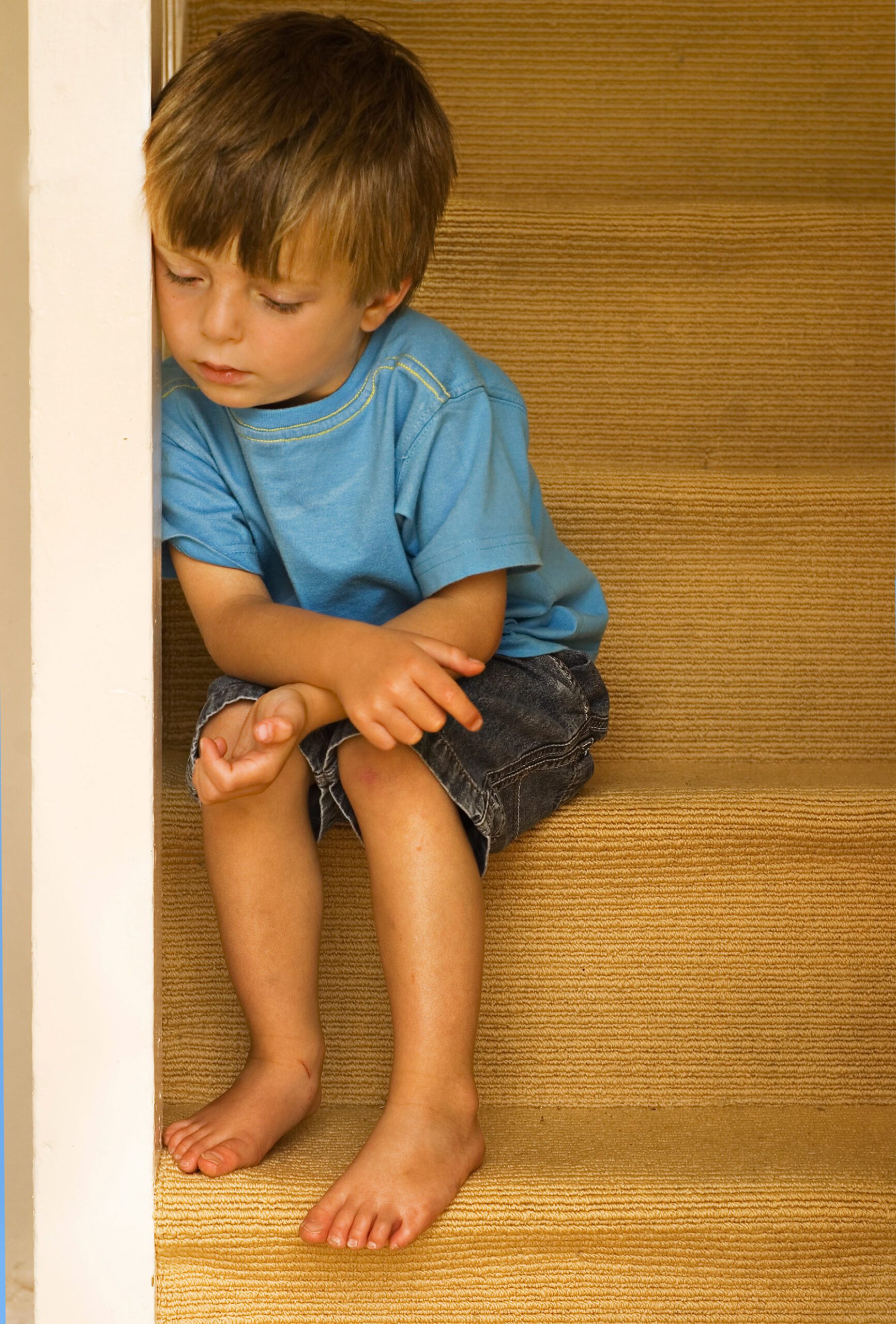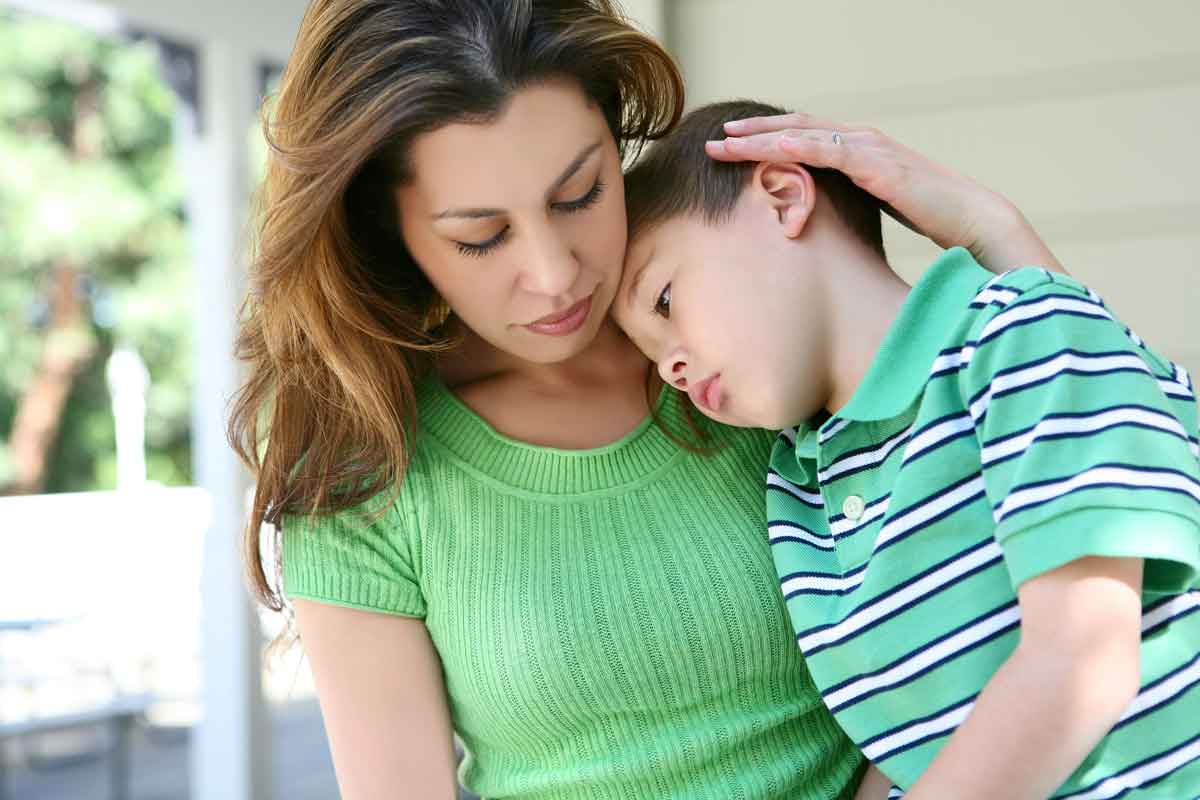Introduction:
Childhood abuse is a profoundly distressing and traumatic experience that can have long-lasting effects on individuals. In a thought-provoking article titled Itselfthe profound impact of childhood abuse memories is explored. This blog post delves into the article, shedding light on the enduring consequences of childhood abuse and the importance of addressing its effects.

Understanding the Impact of Childhood Abuse:
Childhood abuse encompasses various forms of maltreatment, including physical, emotional, or sexual abuse, as well as neglect. These experiences can profoundly affect a child’s physical, emotional, and psychological well-being. Research has established the negative consequences of childhood abuse, such as increased risk of mental health disorders, impaired self-esteem, difficulties in forming healthy relationships, and physical health issues. Childhood abuse is strongly associated with an increased risk of mental health disorders, such as depression, anxiety, post-traumatic stress disorder (PTSD), and borderline personality disorder. Survivors may experience persistent emotional distress and struggle with regulating their emotions. The effects of childhood abuse extend beyond mental health. Survivors may be more vulnerable to physical health issues, including chronic pain, somatic symptoms, and a higher risk of developing conditions like cardiovascular diseases and autoimmune disorders.
The Power of Memory:
The article delves into the intriguing research that suggests childhood abuse memories may have an even greater impact on individuals than the actual experience itself. Memories of abuse can linger long after the incidents occurred and continue to exert a significant influence on a person’s thoughts, emotions, and behaviors. The subjective interpretation and recall of traumatic events can intensify the psychological impact, potentially leading to prolonged trauma responses. Memories of childhood abuse can evoke intense and persistent emotional responses, even years after the events occurred. The emotional imprint left by these memories can shape an individual’s perceptions, beliefs, and behaviors throughout their lives.

Memory Distortion and Fragmentation:
Childhood abuse memories are subject to various psychological processes that can distort or fragment the recollection of the events. This phenomenon can lead to fragmented memories, flashbacks, or vivid recollections triggered by reminders or associations with the abuse. These distorted memories can contribute to emotional dysregulation, psychological distress, and difficulties in daily functioning. Childhood abuse memories can be fragmented, with survivors remembering bits and pieces of the events rather than a cohesive narrative. This fragmentation can result from the brain’s attempt to protect itself by suppressing or compartmentalizing traumatic experiences.
The Importance of Addressing the Effects:
Recognizing the enduring impact of childhood abuse memories is crucial in developing effective interventions and support systems. Mental health professionals and support networks play a vital role in helping survivors acknowledge and process their traumatic experiences. By providing a safe and empathetic environment, survivors can explore and work through their memories, promoting healing and resilience.
Trauma-Informed Care:
The article emphasizes the significance of trauma-informed care in addressing the consequences of childhood abuse. This approach recognizes the potential impact of trauma on an individual’s well-being and ensures that healthcare providers, therapists, and support networks are sensitive to trauma-related issues. Trauma-informed care emphasizes trust, safety, collaboration, and empowerment, helping survivors regain control over their lives and fostering their path to recovery.

Prevention and Education:
To break the cycle of childhood abuse, the article highlights the importance of prevention efforts and education. Raising awareness about the signs of abuse, providing information about support services, and promoting early intervention can help protect vulnerable children and provide them with the necessary resources for healing and growth.
Conclusion:
sheds light on the profound impact of childhood trauma affect memory and its enduring consequences. Understanding the power of these memories beyond the actual experiences is essential in providing appropriate support and interventions for survivors. By embracing trauma-informed care, fostering awareness, and advocating for prevention. We can create a society that is better equipped to address the childhood trauma affect memory. And support survivors on their journey toward healing and resilience.
Source By-https://en.wikipedia.org/wiki/Childhood_trauma


